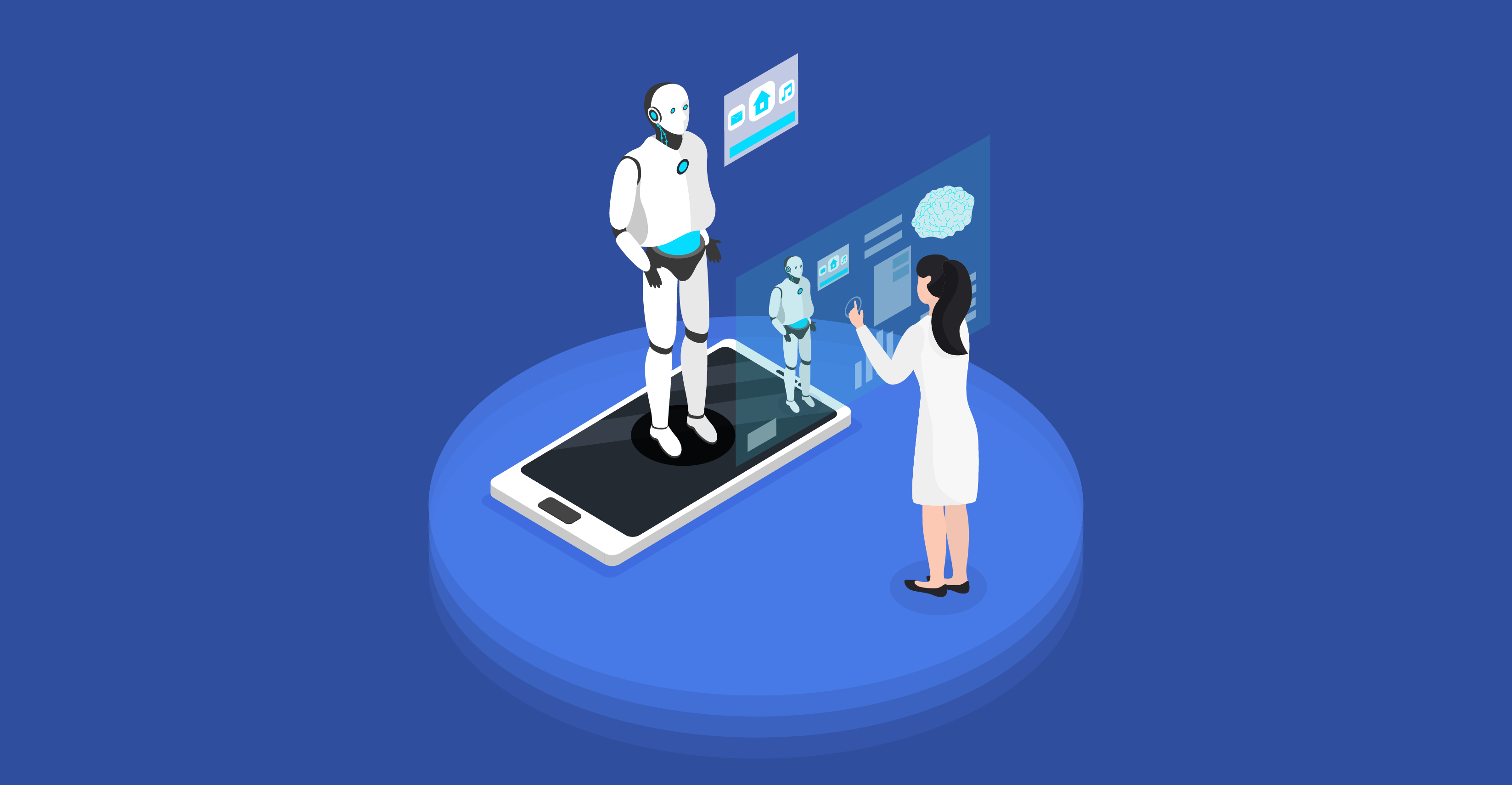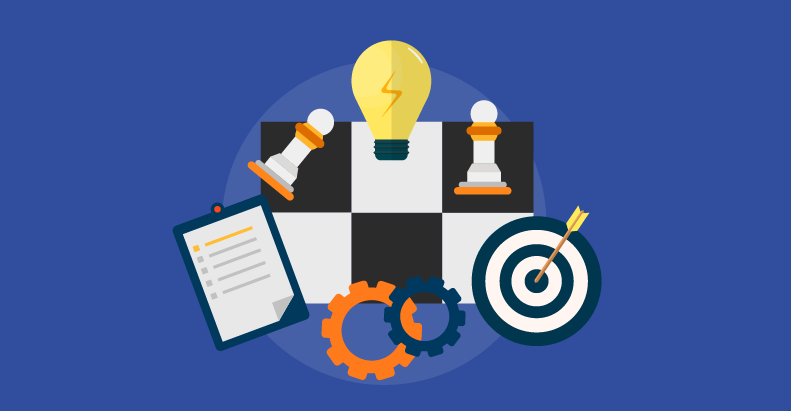Enhancing Automation Testing through AI and Machine Learning

- August 18, 2023
- admin
Quality assurance is pivotal in delivering reliable and efficient applications to end users in the ever-evolving software development landscape. Automation testing services have become indispensable to the software development life cycle, helping teams ensure product stability and functionality. Integrating Artificial Intelligence (AI) and Machine Learning (ML) into automation testing has shifted the paradigm, revolutionizing how quality assurance is approached.
This blog will explore how AI and ML enhance automation testing, paving the way for higher efficiency, accuracy, and, ultimately, better software quality.
Efficient Test Case Generation and Maintenance
Test case creation and maintenance can be a time-consuming and error-prone process. AI and ML technologies can significantly alleviate this burden. These technologies can intelligently generate test cases likely to uncover critical defects by analyzing historical data, code repositories, and application behavior. They can identify patterns, uncover edge cases, and predict potential failure points based on the application’s architecture.
Moreover, as applications evolve, maintaining test cases becomes a challenge. AI and ML models can learn from updates and modifications, allowing them to adapt and suggest necessary changes to keep them current. This saves time and ensures that the evaluation remains aligned with the evolving software.
Dynamic Test Suite Optimization
AI and ML algorithms can optimize the test suite dynamically based on code changes, historical defect data, and risk assessment. This ensures that the most critical parts of the application are checked more rigorously while avoiding redundant checks. By prioritizing the cases most likely to uncover defects, the evaluation process becomes more efficient, allowing for faster feedback and quicker bug resolution.
Intelligent Defect Prediction
Identifying potential defect-prone areas in the application is crucial for practical evaluation. AI and ML can analyze historical data and identify correlations between specific code changes and subsequent defects. This enables the team to focus their efforts on areas statistically more likely to contain defects, optimizing resource allocation.
Smart AI-Driven Automation Testing
It can make test execution more intelligent. ML algorithms can analyze test results and identify failure patterns across different runs. This enables the system to automatically reroute efforts to specific areas that are repeatedly failing, allowing for targeted debugging and resolution.
Visual Regression Testing
This ensures that changes to the user interface do not introduce unintended visual defects, is a crucial aspect of evaluating modern applications. AI-powered image comparison algorithms can detect subtle differences accurately, making it more reliable and comprehensive.
Natural Language Processing for Automation Testing Scripts
One of the hurdles in automation testing is scripting and maintaining the cases. AI-powered Natural Language Processing (NLP) techniques can transform plain English requirements into executable test scripts. This empowers domain experts who might not be familiar with coding to contribute to the test automation effort, thus bridging the gap between technical and non-technical team members.
Early Detection of Performance Issues
Performance testing is essential to ensure an application can handle the expected load. AI and ML can analyze application behavior under different conditions and predict potential performance bottlenecks. This enables the team to address these issues before they become critical in real-world scenarios.
Adaptive Automation Testing
Traditional automation testing is often rigid and struggles to cope with rapidly changing software. AI and ML enable adaptive test automation, where frameworks can dynamically adjust to changes in the application, ensuring that they remain relevant and practical even in agile environments.
Root Cause Analysis
When defects are detected, identifying their root causes can be challenging. AI and ML can assist in root cause analysis by analyzing vast amounts of data, including code changes, test results, and application behavior, to pinpoint the likely sources of defects. This accelerates the debugging process and leads to faster issue resolution.
Continuous Improvement Through Learning
AI and ML systems can learn from the testing process itself. These systems can continuously improve their predictions and recommendations by analyzing test results, defect patterns, and debugging outcomes. This iterative learning process leads to more accurate practices and higher software quality.
In conclusion, integrating AI and ML brings a new era of efficiency, accuracy, and adaptability. These technologies elevate the evaluation process by intelligently generating cases, optimizing test suites, predicting defects, enabling visual regression testing, and much more. As software development continues to evolve, AI and ML will play an increasingly vital role in shaping the future, ensuring that software products are delivered to users with the highest levels of quality and reliability. Embracing these advancements is not just a trend but a necessity for staying competitive in the dynamic world of software engineering.











